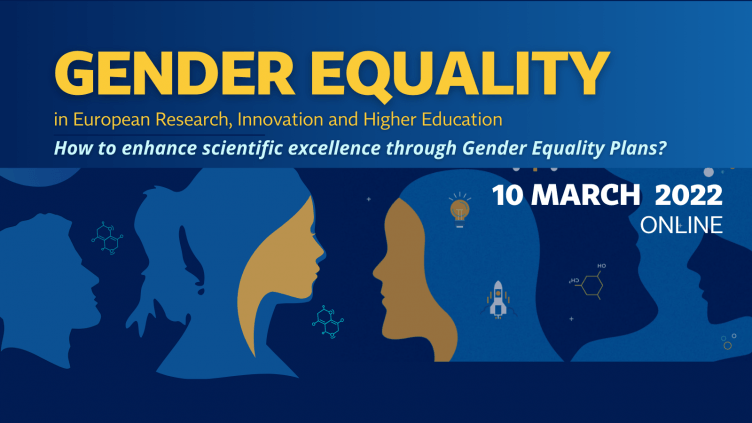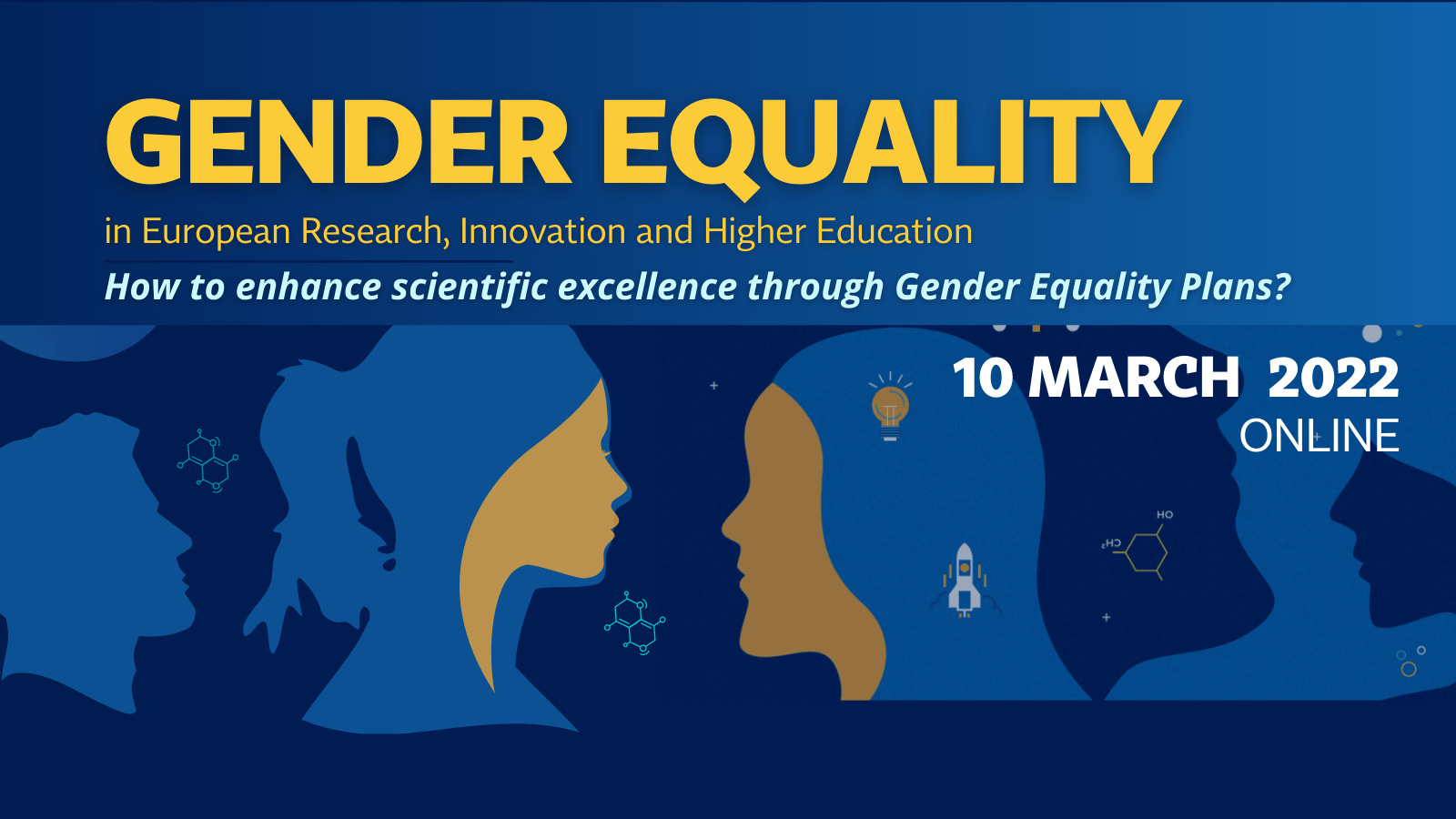What has the webinar on gender equality in European research, innovation and higher education brought to us?
The webinar attracted 165 participants. The event took place on 10 March.
The Czech Liaison Office for Education and Research in Brussels (CZELO), together with colleagues from liaison offices of Lithuania, Poland and Slovakia, organized a webinar on 10 March on gender equality in European research, innovation and higher education. The event attracted 165 participants and its aim was to present the latest developments in gender policy at the European Union level as well as gender initiatives at the national level of the Czech Republic, Lithuania, Poland and Slovakia.
Anne Pépin, Senior Expert at the Gender equality sector from Directorate-General for Research and Innovation (DG RTD), opened the event by presenting some of the findings of the She Figures 2021 report. In general, we can say that the European Union places a high priority on promoting gender equality in all areas; however, despite progress made, Europe still faces numerous structural barriers to achieving gender equality. The outputs of the EU's western and eastern member states, which are sometimes very different, are also problematic. Women leaders in the Czech Republic, Lithuania, Poland, and Slovakia, for example, are significantly undersized in comparison to the EU 27 average. There is also under-representation of women in PhD studies in the Information and Communication Technologies, where number of female graduates is significantly lower than the EU 27 average, with Czech Republic and Lithuania faring the worst.
The second part of the webinar presented case studies from the countries of the Czech Republic, Lithuania, Poland and Slovakia. The Czech Republic was represented by Mrs. Marcela Linková – Head of the Centre for Gender and Science at the Institute of Sociology of the Czech Academy of Sciences, who presented several initiatives, such as manual How to Achieve Change or campaign called One Size Does Not Fit All, which was launched in March 2022. Lithuania presented the results of a survey on gender equality. The main findings were that the maternity leave according to the study and respondents negatively affects the career of female researchers. With another issue of career development more than half of respondents agree that men have better conditions for obtaining faster promotion than their female colleagues. In Poland, support for women in science and higher education is based on a bottom-up approach and on several initiatives, such as the academy “Girls go start-up" or the "Women in Tech". The Athena Horizon 2020 project and the pitfalls that the project had to face within the gender equality plan were presented on behalf of Slovakia.
Recording of the event will be available soon.

